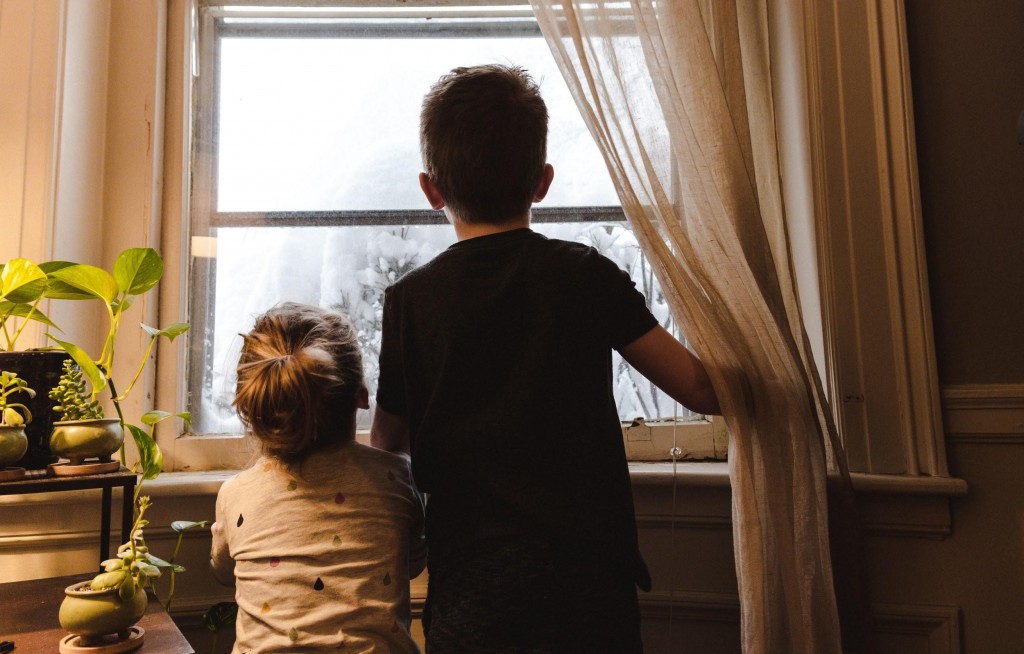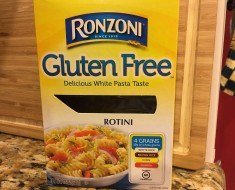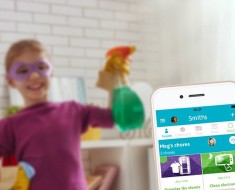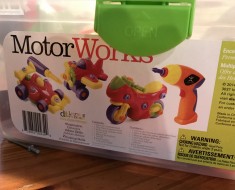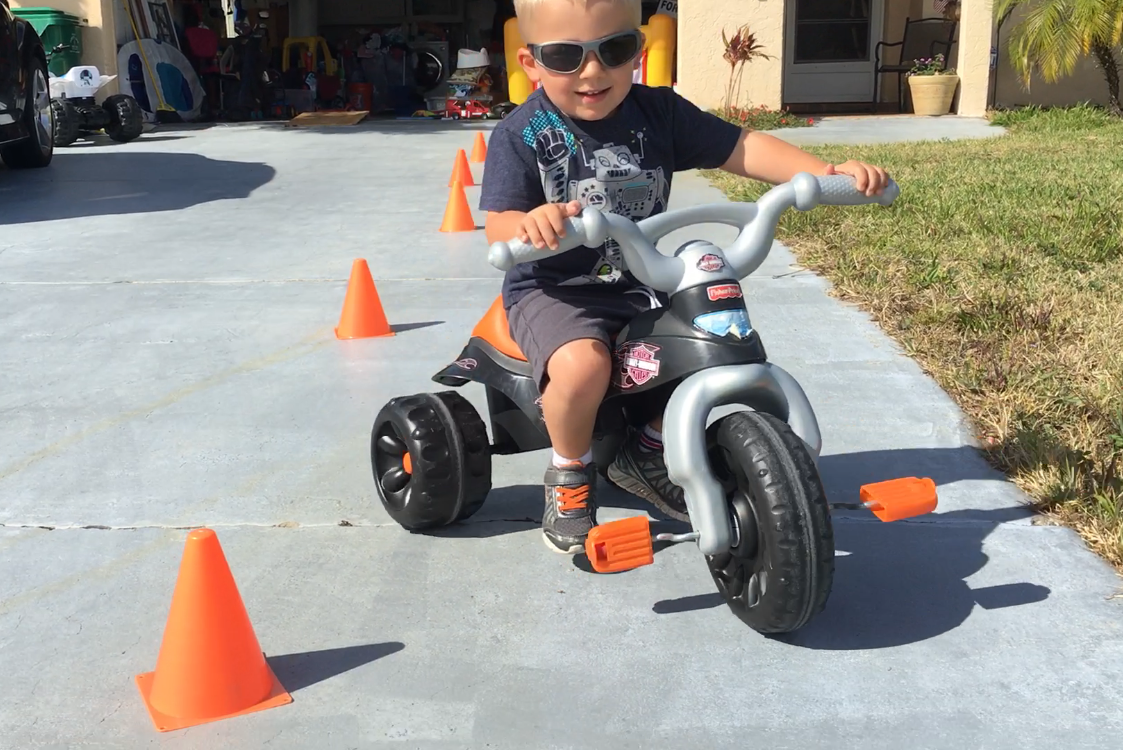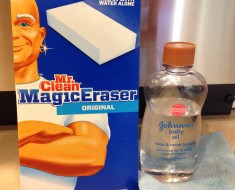Article written by Jenny Wise, Founder of SpecialHomeEducator.com
You wake up and brush aside the curtains. Rain slaps the windows like slugs of mercury. Or maybe snow has piled up in the yard. For kids, that might mean a day off from school. But for parents, your task is to play with them, even when you’re stuck inside due to cold or rainy weather. What to do? You hesitate to switch on the TV since kids between the ages of 6 and 8 spend over 28 hours watching TV per week (and all that screen time has been linked to childhood obesity). But you still think technology can be a great resource if you use it correctly. So here are some fun, educational online activities for kids – from YouTube exercise videos and music lessons to online drawing tutorials for budding artists.
YouTube Exercise Videos
On the topic of childhood obesity, let’s look at the facts: As of October 2017, the obesity rate in the US hit an all-time high. Nearly four out of 10 US adults are obese (which means having a body mass index greater than 30). Obesity rates among children are rising, too. (Currently, close to 35 percent of children are overweight and 26 percent obese.) So it’s important that you feed your kids healthy meals and keep them active. On days when you can’t or don’t want to go outside, consider turning on YouTube exercise videos. These might include “Shake Break” (a silly favorite), “5 Little Monkeys” (a dance video game), and “Animal Exercises for Kids” (tailored for toddlers). Think of these as healthy forms of entertainment rather than standard one-two-up-down fitness flicks. The best way to gauge whether you should keep doing them is if your kids are having fun and ask you to put them on again and again.
Real Estate Lessons Plans
For your older kids, you might consider introducing them to various subjects that could complement what they’re learning in school. Or, if they’re homeschooled, think about introducing into the curriculum you’ve made for them lessons that knit together skills that they’ve already been taught. One example could involve real estate lesson plans. Real estate is a complex field that requires skills in math, science, English, social studies, and home economics. By incorporating real estate-based lessons into your curriculum, you can help your students gain valuable skills in practical math application, presentation-giving, forming a persuasive argument, earth science, and so much more. And if your kids are about to go off to college, you might include lessons on real-world subjects related to real estate that they’ll encounter soon. These might include renting an apartment, saving for a home, and compound interest on a credit card.
Other Activities
Meanwhile, if your kid is into music, you’re in luck. Interactive music classrooms, instrumentation apps, and streaming services are all available online, and the world’s music library sometimes seems a few clicks away. With the right downloads, you can produce songs, play them with waveform, create a cappella arrangements with backing vocals, or turn your computer keyboard into a musical keyboard. If natural sciences are more up your kid’s alley, you might stage a home science project like making a glass of “lava.” All you need is water, a drinking glass, one-fourth cup of vegetable oil, one to two tablespoons of salt, and food coloring (optional). Follow three simple directions – pour water three-fourths up the glass, add food coloring, then oil, and sprinkle salt on top – and bobs of “lava” will float in the liquid.
That activity is probably more appropriate for younger kids, which is okay. Make sure the project or lesson you pick fits the needs and maturity of the child. Whatever you choose, the important thing is that it’s educational and fun so that your kid loves learning, even on a rainy day.
Image via Unsplash

